The most important factors to consider during the first days back at pre-season training?
After a long layoff from training and/or competition, the body and mind have had time to recover from the stress and pressures that work in conjunction with competing and training at high intensity.
Slight overuse or impact injuries have disappeared and the body has adjusted to a new routine of relaxation, in young sportsmen and women, the rest may have allowed their bodies to grow at an escalated rate.
The mind, which during competition season has been subject to tonnes of detailed information to aid the learning journey. Whilst being filled with internal and external feedback and thoughts the mind also needs to be rested from the pressures of competing/winning and improving.
How to prepare for pre-season football training?
Be Organised
- Ensure your team is aware of the date/time/location of the first training session.
- Create a checklist of all the equipment you will need to bring with you.
- Have your first training session memorised and already mapped out in your mind.
- If you have any new players, ensure you start off the session by introducing them to the rest of the team.
How to prepare and cope physically with the first few days of pre-season training?
The body has adjusted to ‘Out of Competition Mode’. It is paramount that your training sessions are intense but not overly as you want to avoid putting their bodies under overdue stress. Warming up key muscle groups (dynamically) thoroughly will aid preparation for more strenuous activity and help prevent muscle strains in the short and long term. Before the first session, some players may need a sports massage to help loosen up the muscles and help with blood flow to key areas.
After exercise, preparation again is paramount. Recovery starts with nutrition (see below). However, a key area missed by many, after intense exercise is the cooldown and recovery of the key muscle groups. The cooldown helps remove waste products from the body and helps reduce heart rate at a more considered rate which can help prevent dizziness and unnecessary blood shunting. Cooldowns consisting of light sport related movements and loose dynamic stretching are proven to be most effective.
The next essential which is key to recovery is cold therapy. Ice baths are common in elite performers. Why does cold therapy work? By constricting the blood vessels, swelling is reduced and repairs are made in the small tears of the muscles caused by intense exercise. The outcome is those waste products are removed from the body at its earliest opportunity, therefore, allowing the muscles more time to prepare for the next day’s work. The next step is to rest, hopefully, your team will be exhausted after being put through their paces so you may not have to convey this message too much but ensure your team understands the importance of rest and inform them to accumulate regular (if not more) sleep than usual. Studies show this can improve performance both physically and technically.
How to prepare psychologically for pre-season football training?
As a coach, you not only have to be skilled in the technical and physical aspects but also psychological. In the early stages of training and throughout, it is vital to be positive, filling your team with only positive thoughts will prepare them mentally for a tough session but attack the session as a challenge to themselves. Help your team block out the feeling of pain and discomfort and substitute the thought process into rewards and benefits of the session by reinforcing positivity. Replace nervousness and anxiety with nervous energy and certainty.
Task: List all the benefits of working hard in the session and compare it to the list of negatives to working hard in the session. Now can you see?
As a coach, you should always be aware of how your words affect the team. During training sessions have your players fill their inner thoughts and emotions with appropriate language. e.g. replace ‘I can’t’ with ‘I can’ replace sighs and gasps with a smile and laughter. Replace shrugged shoulders with a good upright posture and opened eyes.
TASK: FAKE it till you MAKE it – relay this quote to your team, even if they are tired and think they cannot continue, push them to show everyone from the outside they are not tired. Act out role play and by everyone having this mentality, no individual will want to seem like the weak link and if they remain strong visually you know you have a team full of strong characters. As a group is strong and resilient and through body language, they can help and inspire each other to achieve more.
Other tips psychologically:
- Watch inspirational videos together
- Listen to motivating music
- Give more advice on how to prepare before, during and after a competition.
How to prepare technically for pre-season football training?
Being out of competition for a while can lead to a decrease in technical performance. Technique is not lost however, it is stored; it just needs refining again, minimal adjustments. Muscle memory is powerful.
TASK: To help trigger the process quicker use imagery. Tell your team to close their eyes and think of all the techniques involved in the game, this will transfer signals from the brain to the relevant muscle groups. Now have them open their eyes and start moving the relevant body parts in slow motion (for example: throwing your arm back to front to replicate a javelin throw or a toe down to represent a powerful football kick.
Other techniques to help your team improve technically:
- Watch footage of their previous performances
- Watch footage of their role models performing the techniques
- Give them your own personal feedback
How to prepare socially?
The layoff can result in a short-term detachment from peers and other coaches, therefore it is important that contact (if lost) is renewed. It could be a phone call, a text, a planned meeting or a social event. This can release positive energy and allow un-performance related topics to be discussed before the hard work starts. If there are any fresh joining the sessions, in the first few days, this is a good chance to find out a little bit more about their background. A happy environment can only lead to success. A cautious, cagey and nervous environment will lead to a detriment in performances.
TASK: During activity in training and in drink breaks have all the players converse with a different person each time. By gaining each other’s respect they can be a lot more open with their thoughts and emotions which will not only will that bring the whole team closer but they also gain each other trust which intern can improve individual performance as well as a team. (e.g. a more popular member of the team might be the main target to pass too in a team sport which equals more contact with the ball).
Nutrition – eat well, perform better
A well balanced and structured diet can improve performance dramatically and in a sporting world, where the margin for error is getting smaller. Advising your team on their diet to ensure they have the best fuel to attack a competition is vital if you want them to succeed and fulfil their potential.
Before Activity
- A mixture of complex and simple carbohydrates. Why? Slow release of energy/easy to digest.
- 2 hours before exercise. Why? Gives the stomach time to digest the food.
- Perfect meal: whole wheat toast with banana and cinnamon (Combination of slow and fast release of energy)
During activity
- Water (best hydrator)
- Sports drinks if players are sweating a lot (Nutrients to replace electrolytes)
- Energy gels – only for an endurance athlete (over 90 minutes of exercise)
Post-exercise (30-120 minutes after exercise recommended)
- Shakes
- Protein bars
- Energy bars
- Any meal that contains lean protein, starch and vegetables.
By experimenting and improving your knowledge about the subject areas covered in this blog you can only look at maximising your coach performance and the performance levels of your team, not only in the first few training sessions back but throughout the whole year. The Preparation, execution and evaluation processes enable a fantastic blend that will give you a platform to fulfil yours and your team’s full potential, only in sport but in life.
Ryan Byrne
R.B. Coaching limited
Professional football coach and 1to1 specialist.

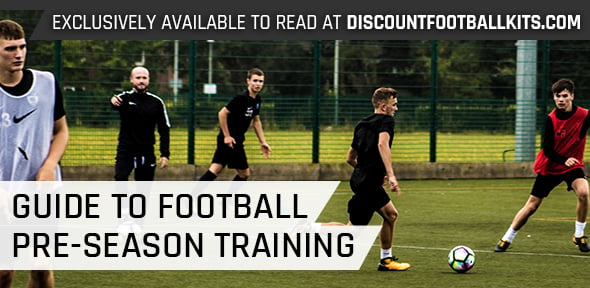



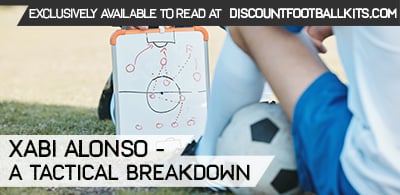
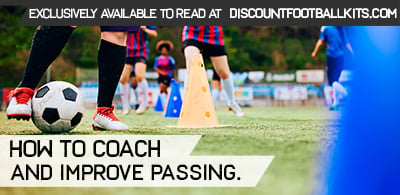
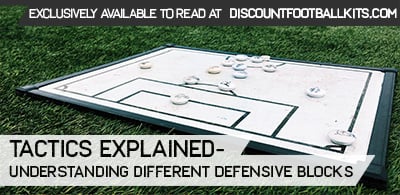


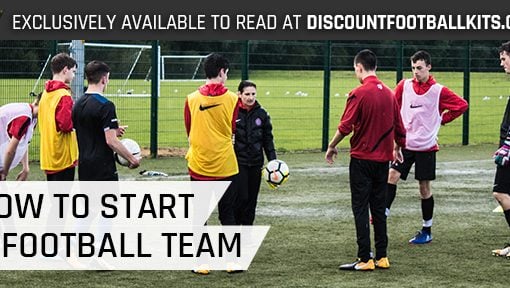
That’s great